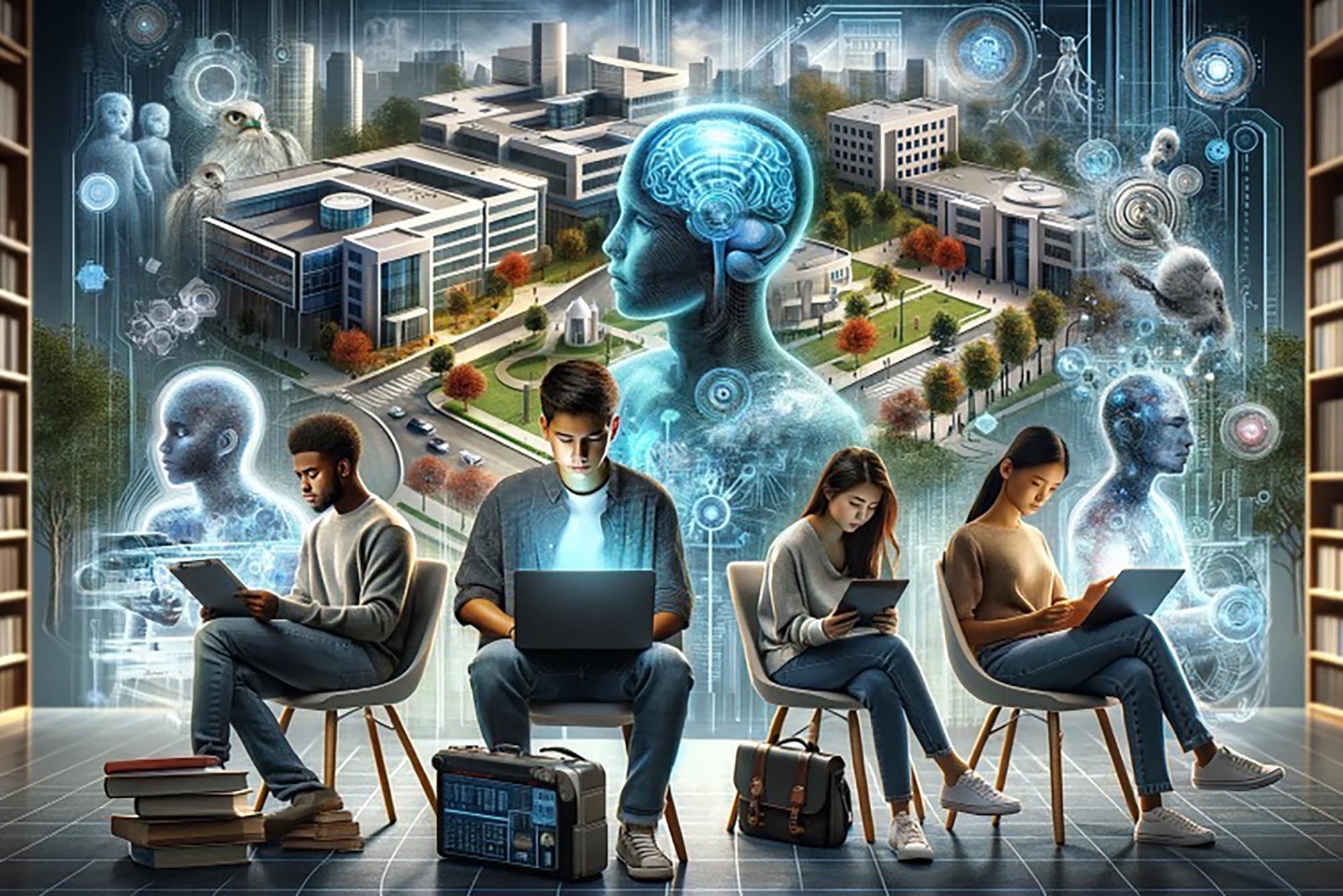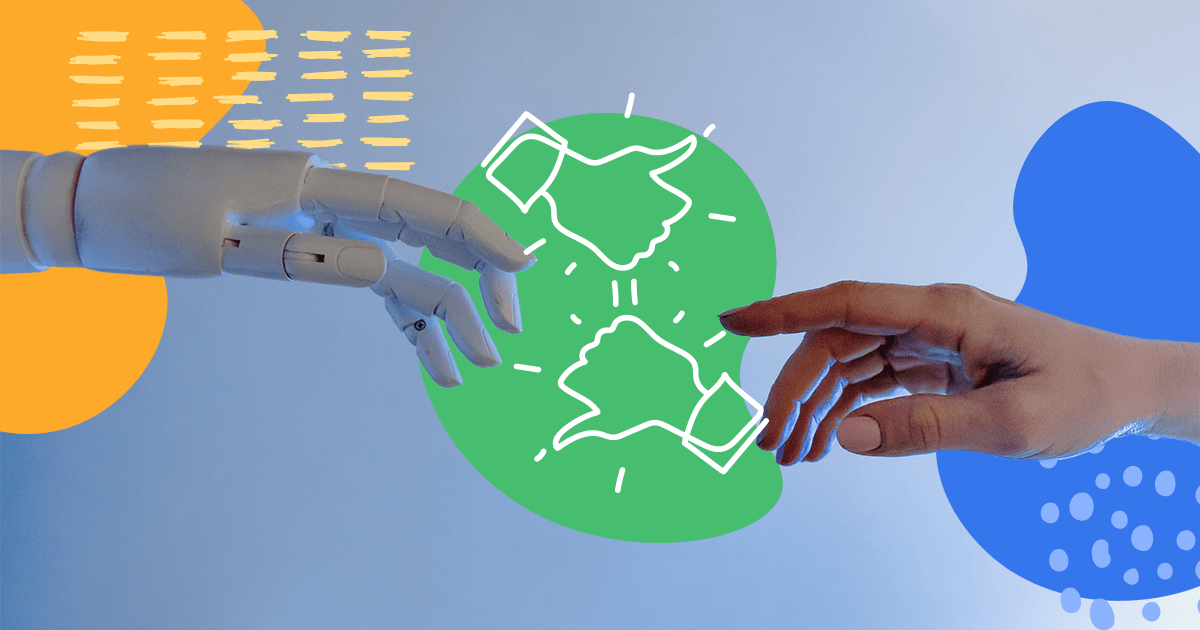Do you have AI dependency? The roles of academic self-efficacy ...
Although previous studies have highlighted the problematic artificial intelligence (AI) usage behaviors in educational contexts, such as overreliance on AI, no study has explored the antecedents and potential consequences that contribute to this problem. Therefore, this study investigates the causes and consequences of AI dependency using ChatGPT as an example. Using the Interaction of the Person-Affect-Cognition-Execution (I-PACE) model, this study explores the internal associations between academic self-efficacy, academic stress, performance expectations, and AI dependency. It also identifies the negative consequences of AI dependency.
Analysis of data from 300 university students revealed that the relationship between academic self-efficacy and AI dependency was mediated by academic stress and performance expectations. The top five negative effects of AI dependency include increased laziness, the spread of misinformation, a lower level of creativity, and reduced critical and independent thinking. The findings provide explanations and solutions to mitigate the negative effects of AI dependency.

The rapid emergence of Artificial intelligence (AI)
The rapid emergence of Artificial intelligence (AI) as a revolutionary technology is reshaping every aspect of our lives. It has transformed the way we interact with technology and has the potential to drive significant advances in several fields.
Although people use diverse types of AI, such as AI speakers or virtual assistants, the current study focuses on generative AI, e.g., ChatGPT. This is mainly influenced by the impact of ChatGPT. The release of OpenAI’s ChatGPT was a global sensation, with ChatGPT quickly becoming one of the most popular AI technologies. It set a record among rapidly expanding consumer applications, acquiring a million users within just five days of its release, and achieving a user base of 100 million within two months by November 2022.

Challenges and concerns
Numerous researchers have examined ChatGPT considering its benefits and potential. However, as mentioned, ChatGPT is a double-edged sword. Problems related to ethics, privacy concerns, and anxiety have become public concerns. Moreover, the increasing use of ChatGPT has led to individuals’ growing dependence on AI, resulting in instances of misuse and abuse.

Addressing AI dependency
Despite a lack of previous studies, overreliance on AI technology has been predicted to have negative effects on people, such as reduced critical thinking and a decrease in problem-solving abilities. To address these issues, urgent efforts are necessary. To the best of our knowledge, no previous studies have conducted a comprehensive analysis of AI dependency. Considering the necessity and urgency of this problem, the characteristics of vulnerable populations and the psychological factors that impact their actions must be empirically investigated. This study uses ChatGPT to explore university students’ AI dependence and misuse behaviors.




















